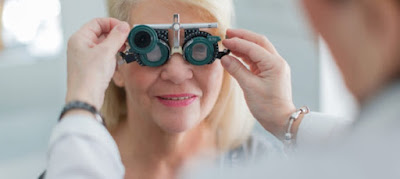If you’re in the process of trying to select a skilled nursing provider to meet your loved one’s senior care needs, then you may have come across the Medicare 5-star rating system, also known as Centers for Medicare and Medicaid Services (CMS) star ratings. In this article, the team from our assisted living community in Gloucester County explains what this is all about.
What is the 5-Star Rating System?
Over 10 years ago, Senator Ron Wyden of Oregon posed the following question to congress: Why is it easier for people to choose a new appliance than to choose a skilled nursing community? The result was the development of the 5-star rating system.
In this system, skilled nursing providers are awarded a rating of between one and five stars, with five stars being the best rating. This rating is based on several key factors, such as:
Health inspections. How the provider has performed in health inspections over the last three years.
Staff. How many hours of nursing care each resident or patient receives per day as well as the ratio of staff per resident or patient. Facilities with high care needs like hospice or nursing homes would be expected to have more skilled nursing staff than assisted living communities with lower intensity care needs.
Quality of care. Eleven different criteria covering the level of medical and physical care are evaluated. The ratings also take into account how timely the agency is in starting care, how patients and residents improve under care, and how well the provider performs in terms of minimizing patient and resident trips to hospitals and emergency rooms.
This system is fairly comprehensive and — because there are so many different providers and care plans available to seniors — this makes it a useful tool for evaluating different care options and plans. However, it shouldn’t be your only resource in making this important decision, and you should ensure that you visit different providers in person and get quality references.
Looking for Independence and Quality of Life? Visit Our Assisted Living Community in Gloucester County, New Jersey
To find out more about our assisted living community, please visit our website at https://pitman.umcommunities.org/ contact us today or book a personal tour.
Original content posted on https://umcommunities.org/blog/inside-the-medicare-5-star-rating-system/





